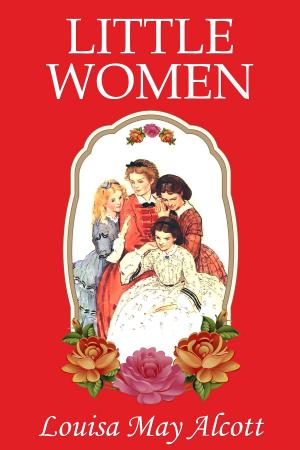| Author: | F. Scott Fitzgerald | ISBN: | 1230000130563 |
| Publisher: | Starbooks Classics Publishing | Publication: | May 5, 2013 |
| Imprint: | Language: | English |
| Author: | F. Scott Fitzgerald |
| ISBN: | 1230000130563 |
| Publisher: | Starbooks Classics Publishing |
| Publication: | May 5, 2013 |
| Imprint: | |
| Language: | English |
This Side of Paradise is the debut novel of F. Scott Fitzgerald. Published in 1920, and taking its title from a line of the Rupert Brooke poem Tiare Tahiti, the book examines the lives and morality of post-World War I youth. Its protagonist, Amory Blaine, is an attractive Princeton University student who dabbles in literature. The novel explores the theme of love warped by greed and status-seeking.
[Style]
This Side of Paradise blends different styles of writing: at times a fictional narrative, at times free verse, sometimes narrative drama, interspersed with letters and poems from Amory. In fact the novel's odd blend of styles was the result of Fitzgerald cobbling his earlier attempt at a novel The Romantic Egotist together with assorted short stories and poems that he composed, but never published.
[Critical reception]
The book's critical success was driven in part by the enthusiasm of reviewers. Burton Rascoe of the Chicago Tribune wrote that "it bears the impress, it seems to me, of genius. It is the only adequate study that we have had of the contemporary American in adolescence and young manhood." H. L. Mencken wrote that This Side of Paradise was the "best American novel that I have seen of late."
One reader who was not entirely pleased, however, was John Grier Hibben, the President of Princeton University: "I cannot bear to think that our young men are merely living four years in a country club and spending their lives wholly in a spirit of calculation and snobbishness."
This Side of Paradise is the debut novel of F. Scott Fitzgerald. Published in 1920, and taking its title from a line of the Rupert Brooke poem Tiare Tahiti, the book examines the lives and morality of post-World War I youth. Its protagonist, Amory Blaine, is an attractive Princeton University student who dabbles in literature. The novel explores the theme of love warped by greed and status-seeking.
[Style]
This Side of Paradise blends different styles of writing: at times a fictional narrative, at times free verse, sometimes narrative drama, interspersed with letters and poems from Amory. In fact the novel's odd blend of styles was the result of Fitzgerald cobbling his earlier attempt at a novel The Romantic Egotist together with assorted short stories and poems that he composed, but never published.
[Critical reception]
The book's critical success was driven in part by the enthusiasm of reviewers. Burton Rascoe of the Chicago Tribune wrote that "it bears the impress, it seems to me, of genius. It is the only adequate study that we have had of the contemporary American in adolescence and young manhood." H. L. Mencken wrote that This Side of Paradise was the "best American novel that I have seen of late."
One reader who was not entirely pleased, however, was John Grier Hibben, the President of Princeton University: "I cannot bear to think that our young men are merely living four years in a country club and spending their lives wholly in a spirit of calculation and snobbishness."
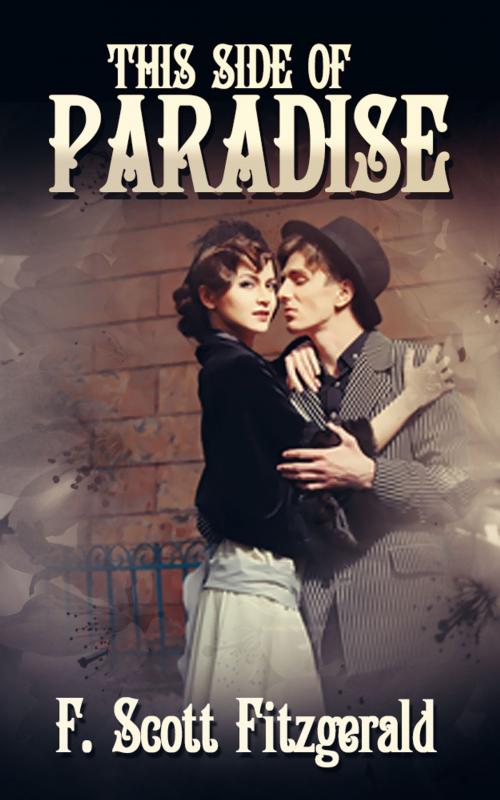
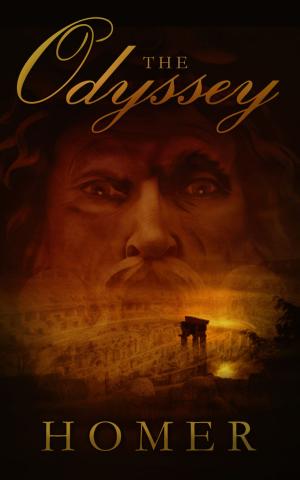
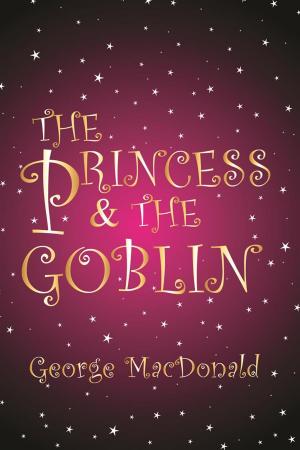

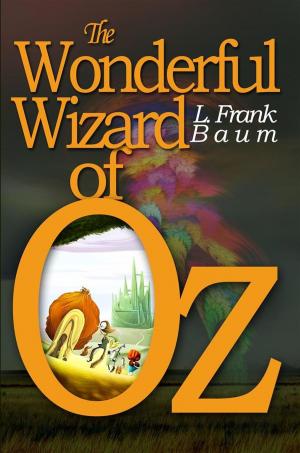


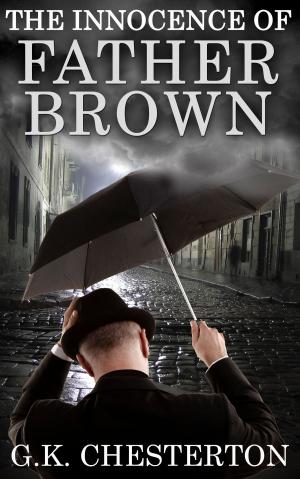
![Cover of the book Richard Hannay [Spy Stories] [Books 1 - 3] [Book Set] by F. Scott Fitzgerald](https://www.kuoky.com/images/2013/may/300x300/1230000134936-arRd_300x.jpg)






